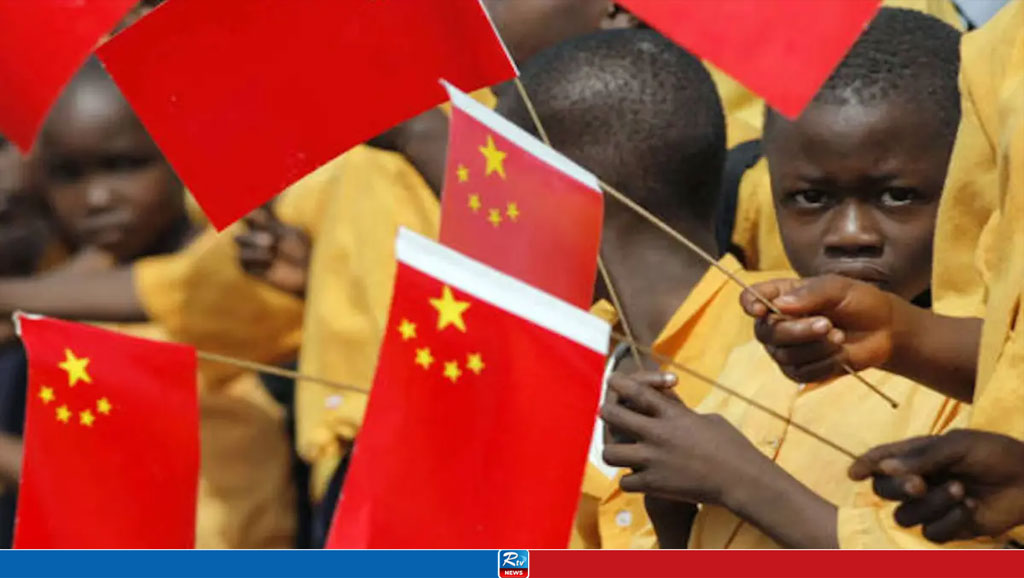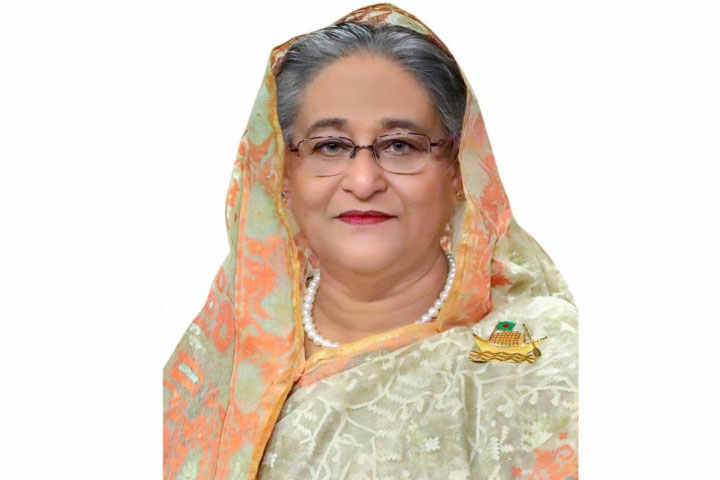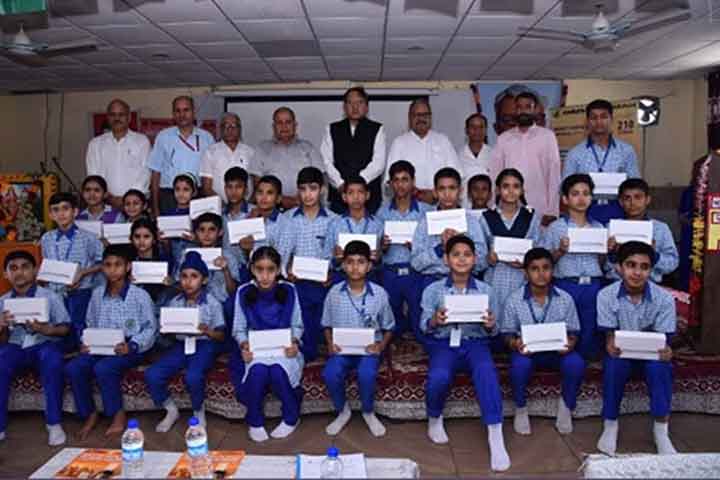Affordable smartphones and the digital revolution in India
In an era driven by technology and digital innovation, India has been steadily harnessing its vast potential to emerge as a new leading power in the area. Over the past few decades, India has witnessed a significant transformation in its technological landscape.
The country's commitment to innovation, research and development, and digital connectivity has paved the way for remarkable advancements in various sectors. Initiatives such as ‘Digital India’ and ‘Make in India’ have played a crucial role in driving technological growth and positioning India as a hub for digital innovation. With the power of ensuring that the last person in the queue can become a direct beneficiary of government schemes through the medium, importance of technology has risen manifold becoming an important tool of India’s development initiatives.
Administrative reforms, curbing corruption, tax transparency, self-certification, Digital India, DBT-JAM trinity are all areas that sound like technology has touched and brought significant changes to. One of the key drivers of India's technological ascent has been the rapid expansion of digital connectivity and internet penetration. With over 700 million internet users, India boasts one of the largest online populations globally.
The advent of affordable smartphones and the availability of affordable data plans have contributed to the democratization of internet access, bringing millions of Indians into the digital fold. This digital revolution has opened up new avenues for e-commerce, digital payments, and online services, transforming the way people live, work, and interact.
Therefore, it would not be an exaggeration to state that the 21st -century would largely be led by those superpowers that adequately exploit technology and data. India's vibrant start-up ecosystem has been a catalyst for technological innovation and entrepreneurship. The country is home to numerous successful start-ups across various sectors, including e-commerce, fintech, and health tech. The availability of venture capital funding, supportive government policies, and a growing culture of entrepreneurship have nurtured a thriving start-up ecosystem.
These start-ups are driving innovation, creating jobs, and contributing to India's emergence as a global technological powerhouse. In fact, one of the biggest and most revolutionary innovations in this journey has been the building of a cashless economy through the introduction of digital payment platforms like Unified Payments Interface (UPI) and mobile wallets which have revolutionized the way financial transactions are conducted in the country.
Adoption of digital payments has not only provided convenience and security but has also played a pivotal role in advancing financial inclusion. Millions of unbanked individuals now have access to formal financial services, empowering the m to participate in the digital economy.
India has recognized the potential of artificial intelligence (AI) and data analytics in driving technological innovation and economic growth. The country has made significant strides in AI research and development, with numerous start-ups and research institutions actively engaged in cutting-edge AI projects. The application of AI and data analytics in sectors such as healthcare, agriculture, and transportation has the potential to revolutionize these industries, making them more efficient, sustainable, and accessible to all.
Additionally, the‘Digital India’ and the ‘Ayushman Bharat Digital Mission’ campaigns aim to transform India into a digitally empowered society and knowledge economy. The introduction of initiatives like Aadhaar, a biometric identification system, and Goods and Services Tax Network (GSTN), a unified tax platform, has streamlined processes, improved transparency, and facilitated ease of doing business.
These initiatives have laid the foundation for a digital governance framework and have enhanced efficiency and accountability in government services. In addition, 1.8 lakh gram panchayats have been connected to the fibre network in this year alone, 5.2 lakh Citizen Service Centres have come up across the country providing 400 types of government services and more than 40, 000 compliance requirements removed to improve the ease of doing business.
India's abundant pool of skilled workforce and emphasis on technology education has been pivotal in its technological growth. The country is known for its talented pool of engineers, scientists, and IT professionals who are driving innovation both within India and globally.
Leveraging the same, the DBT was brought in as a governance reform for greater transparency and accountability through which 100% amount is reaching the beneficiary account with no involvement from any middlemen. Through the same, in one year alone, Rs. 44,000 crores have been saved due to the leakage proof system in place now.
As India continues its march towards technological dominance, the possibilities are immense. The convergence of emerging technologies such as blockchain, Internet of Things (IoT), and 5G networks presents new opportunities for innovation and growth. The government's focus on strengthening cybersecurity and data protection measures will further boost investor confidence and propel India's technological journey.
In conclusion, India's transformation into a technological superpower is a testament to its commitment to innovation, digital connectivity, and entrepreneurship. The country's vibrant start-up ecosystem, expanding digital infrastructure, and skilled workforce have positioned it at the forefront of the global technology landscape. With a conducive environment for innovation and a growing appetite for digital transformation, India is poised to continue its upward trajectory, shaping the future of technology and influencing global digital trends.
Source: timesofoman.com
06 Jun 2023,20:25












 Live Tv
Live Tv









